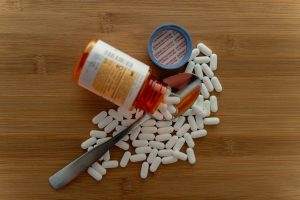The FDA recently discovered that certain heart and blood pressure medications contain the carcinogen NDMA, which may lead to cancer. As a result, several lawsuits have been filed against drug manufacturers and distributors, including the maker of Valsartan, Zhejiang Huahai Pharmaceutical Co. Many of the medications have since been recalled by the FDA. While it is reportedly difficult to prove a direct correlation between the medications and cancer, a projected 2,000 personal injury cases may be filed within the next year. The number of cancer patients who have taken these medications that contain NDMA is unknown.
In addition to the existing personal injury cases, a class action lawsuit was filed on April 5 on behalf of individuals who have not yet experienced the side effects from taking Valsartan. Because the NDMA chemical is a known carcinogen, unsafe for human consumption, it is probable that people who have used the contaminated medications for a long period of time will one day experience side effects. Besides cancer, other possible side effects include damage to genes or body cells. When consumed in high doses, NDMA is harmful to humans, but that does not mean that we do not ingest small amounts of it in our everyday lives.
While tap water and cured and grilled meats also contain traces of NDMA, consumers are assured that the carcinogen levels are so low that negative side effects are not likely. The FDA has confessed that 0.096 micrograms of NDMA a day is not extremely harmful to humans. Compared to the levels in cured meat and water, the levels of NDMA tested and found in Valsartan are concerning. The FDA tested and detected 0.3 micrograms to 17 micrograms of NDMA in Valsartan. These levels are well above the acceptable daily amounts of NDMA. In theory, a patient consumes a one-month acceptable supply of NDMA in only one tablet of Valsartan. When put into perspective of how many capsules of Valsartan were consumed by patients daily to regulate heart and blood pressure problems, this statistic is alarming.
